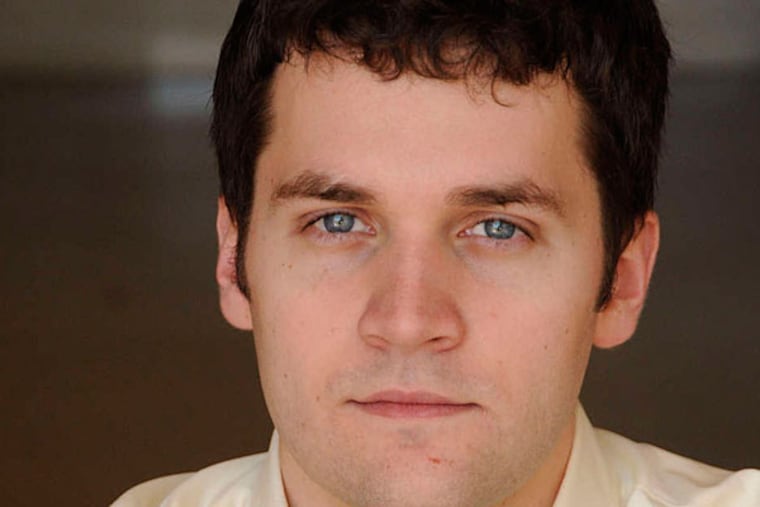A Tchaikovsky challenge for young Symphony in C
Having had some of his best successes with Tchaikovsky symphonies, conductor Rossen Milanov gave his Symphony in C ensemble a more complicated challenge on Saturday night: the Manfred Symphony, which stands apart from the composer's numbered works in that medium and, for all its grandeur, has a white-elephant reputation that may or may not be expungeable.

Having had some of his best successes with Tchaikovsky symphonies, conductor Rossen Milanov gave his Symphony in C ensemble a more complicated challenge on Saturday night: the Manfred Symphony, which stands apart from the composer's numbered works in that medium and, for all its grandeur, has a white-elephant reputation that may or may not be expungeable.
Ambitious, imposing, and full of the literary underpinnings of Lord Byron's dramatic poem "Manfred," the symphony isn't first-rate Tchaikovsky, though it can sound like it when played with interventionist conviction. The challenge to the young Symphony in C musicians wasn't to encompass some towering masterpiece, but to get their collective arms around something lacking the usual quality control. Also, many of the musicians weren't likely to have even heard the seldom-performed piece before this concert at Rutgers-Camden Center for the Arts - or to have read Byron's ornate prose.
It's a valid challenge for a postgraduate training orchestra: Not everything in the symphonic repertoire is solidly great. Crucial elements were in hand. Milanov has conducted it before, obviously believes in it, and prompted the opening of the bass-heavy first movement to telegraph catastrophic grief. From there, though, the structural pillars of the piece weren't so sturdy and felt like somewhat cliched devices.
Some of the more charming music of the inner movements came off beautifully, and the big, busy final movement - with its malevolent supernatural elements that show Byron's kinship with Mary Shelley's Frankenstein - was played with such heat that listeners had no room to stand back and listen objectively.
Mendelssohn's Piano Concerto No. 1 was the showcase for pianist Roman Rabinovich, who has everything he needs to encompass the expressive range of this or most any other 19th-century concerto - assuming he knows how to deploy those gifts. Mendelssohn can sound pretty bangy in the best of circumstances, and Rabinovich (both in Mendelssohn and in his Orchid-label solo disc of Prokofiev and Stravinsky) seems to particularly enjoy the more percussive elements of his instrument. However, he also allowed a liquid, poetic sonority in the concerto's middle movement that will serve him well in repertoire with more depth.
The winner of Symphony in C's annual Young Composers' Competition was Philadelphian Charles Peck, who contemplates urban concentrations of humanity in his work Metropolitan. At first, the piece seemed like typically busy-city music, though the composer was inclined to switch neighborhoods with an abruptness that certainly reflects the patchwork diversity of Philadelphia. I enjoyed the jumping around - it's daring - as well as Peck's ways of establishing an engaging pulse and then finding subversive elements within it. But I also have faith that he'll write more cogent music in the future.